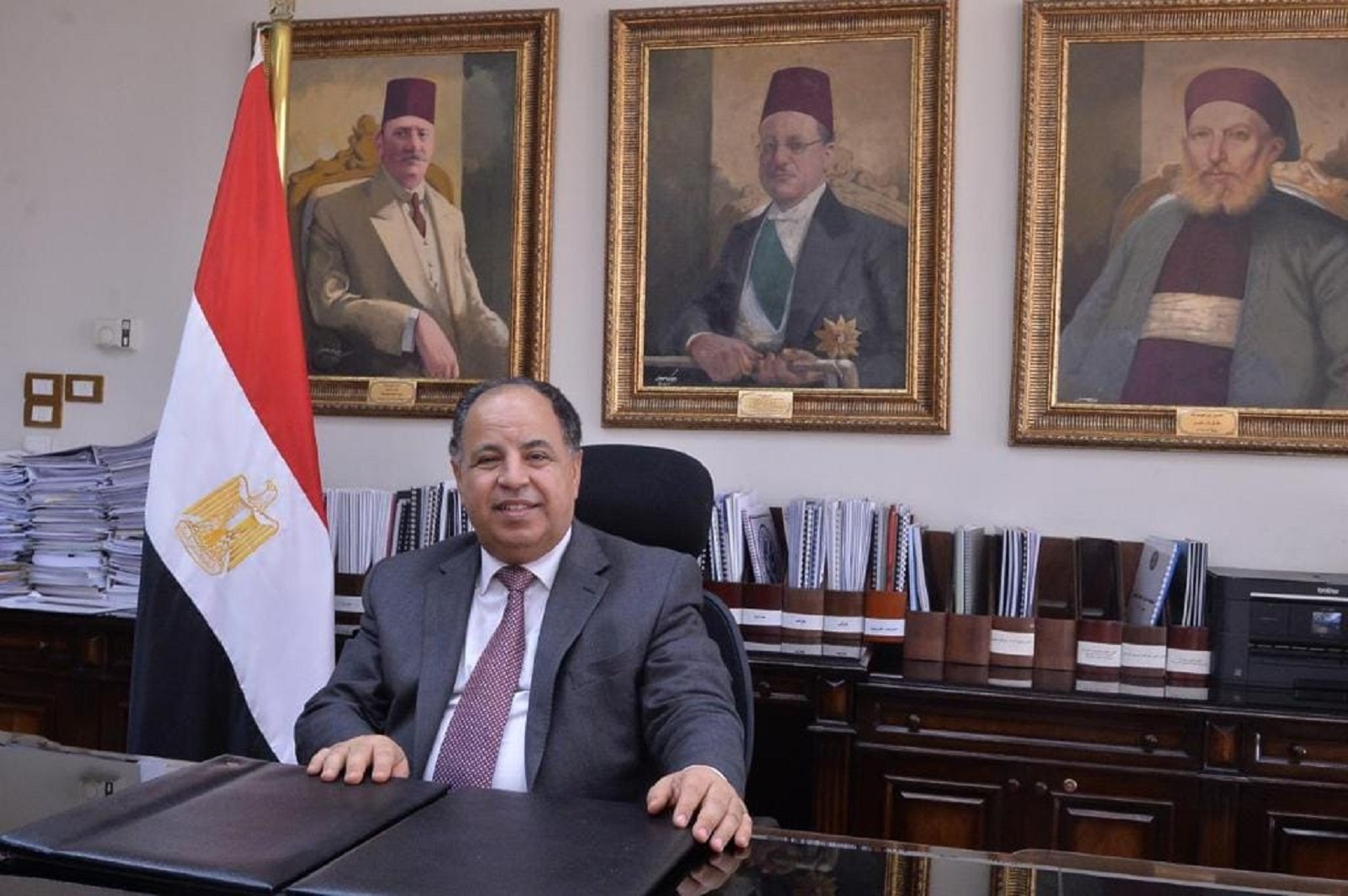State presents revised crisis budget to the House with more spending on food, energy, health and education

Draft FY 2022-2023 budget presented to the House: The budget deficit is set to widen in the coming fiscal year as increasing social spending and rising borrowing costs cause spending to outpace revenue growth, according to projections in the draft FY 2022-2023 budget released yesterday by the Finance Ministry. Finance Minister Mohamed Maait presented the budget in the House of Representatives yesterday, saying that the government’s spending plans for the coming year will support the areas of society most affected by the economic crisis triggered by the war in Ukraine.
A crisis budget: Prime Minister Moustafa Madbouly had directed the Finance Ministry in March to rethink the FY 2022-2023 budget to “reassess priorities” as the global price of key commodities including oil and wheat started rising even faster than before thanks to Russia’s invasion of Ukraine. The war also threatens a key hard currency earner: Prior to the invasion, Russian and Ukrainians together accounted for nearly a third of our inbound tourism market.
HIGHLIGHT #1- Rising food + energy prices will push up the subsidy spend: Fuel subsidies will rise more than 50% to EGP 28.1 bn while food subsidies will climb slightly to EGP 90 bn, from EGP 86 bn this year. This will increase the state’s total subsidy spend to EGP 356 bn, up 11% on last year.
HIGHLIGHT #2- Health + education spend to increase: The government will raise healthcare spending by 18% to EGP 128.1 bn. It has also made an EGP 192.7 bn earmark for education, up 12% on 2021-2022. Social protection programs will also receive more government support, with the allocation due to rise 4% to EGP 293.4 bn.
HIGHLIGHT #3- Strong tax takings will underpin revenue growth: The government expects to increase tax revenues by almost 20% next year, rising to EGP 1.17 tn from EGP 983 bn.
Spending > revenues: The government is expecting spending to rise 13% to almost EGP 2.1 tn next year, while revenues will increase 11% to EGP 1.52 tn, the figures show. This will widen the budget deficit to EGP 558.2 bn from EGP 475.6 bn in FY 2021-2022.
Debt service costs are expected to be brought down to 7.6% of GDP — or around a third of the total budget spend — compared with the 8.2% penciled in for FY2021-2022. The government also plans to reduce the debt-to-GDP ratio to 84% for the next fiscal year, and to 75% over the next four years.
Debt repayments will account for half of gov’t revenues: The government’s interest bill will rise 19% to EGP 690.1 bn next year, accounting for a third of government spending and 49% of revenues. Debt as a proportion of GDP will decline to 84% from a projected 85% this year.
The deficit will narrow as a % of GDP: The FinMin is targeting a 6.1% deficit in 2022-2023, down from a projected 6.2% this year, and is looking to improve its primary surplus to 1.5% of GDP from a forecasted 1.3% this year.
Other key spending figures:
- Wages: The public wage bill will climb to EGP 4 bn, up 11% on 2021-2022;
- Goods and services: Rising food and energy costs will increase expenditure on goods and services to EGP 1.3 bn, up 21%;
- Public investment: The government will invest EGP 376.4 bn;
- COP27: The budget allocates some EGP 3 bn for the COP27 climate summit taking place in Sharm El Sheikh in November.
Other key figures from the budget:
- GDP growth: 5.5%
- Oil prices: USD 80 / barrel, up from USD 60 last year
- Wheat prices: USD 330 / tonne, up from USD 255 last year
WHAT’S NEXT? The final budget document typically goes up for a vote at the general assembly before the start of the new fiscal year and then heads to President Abdel Fattah El Sisi, who must sign it into law. If the budget doesn’t pass before 30 June, the current budget rolls forward to direct state spending until the new document is passed.
ALSO IN THE HOUSE-
MPs agree to unlock fresh funds for debt payments: The House yesterday voted in favor of unlocking another EGP 6 bn to allow the government to meet debt repayments, Youm7 reported. Higher-than-expected interest rates and the devaluation of the EGP have pushed up the government’s interest bill, forcing it to table legislative amendments to increase allocations in the 2021-2022 budget.
But would that be sufficient? Officials said earlier this week that the government might require more than EGP 6 bn to meet its obligations through to the end of the current fiscal year. One ministry suggested that this was because the amendment was drafted on the expectation that the US Federal Reserve would only raise interest rates by 25 bps last week.